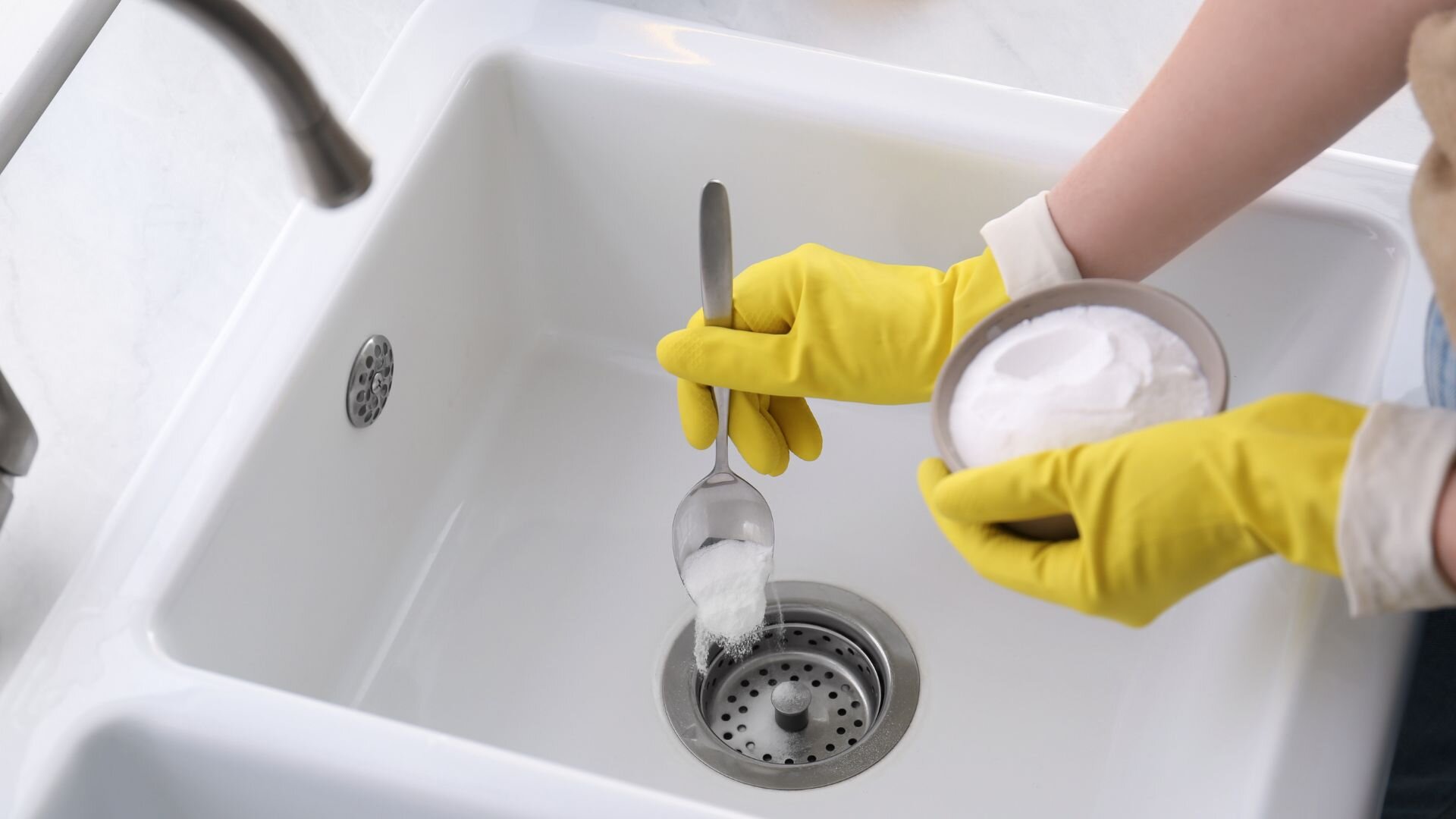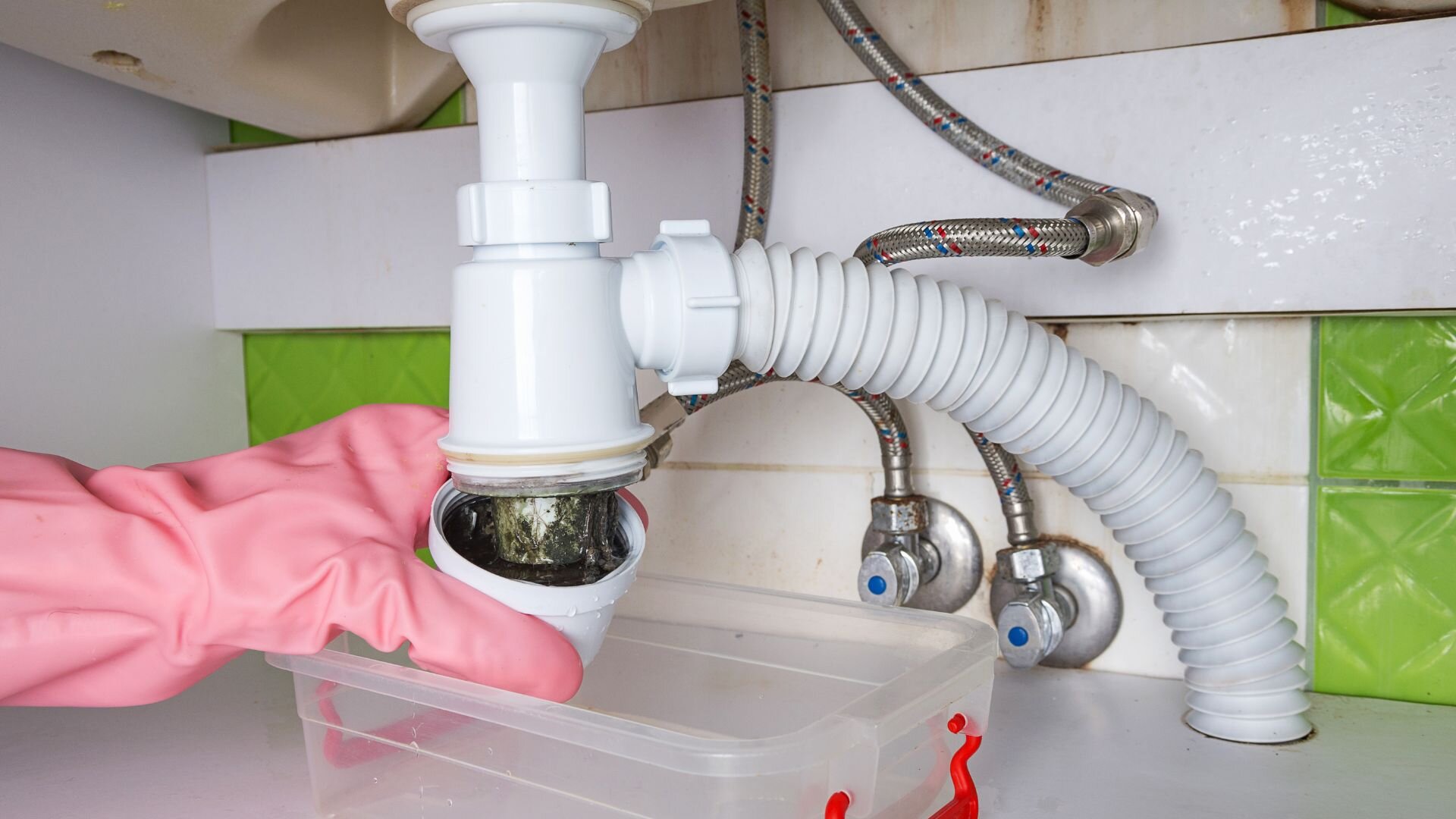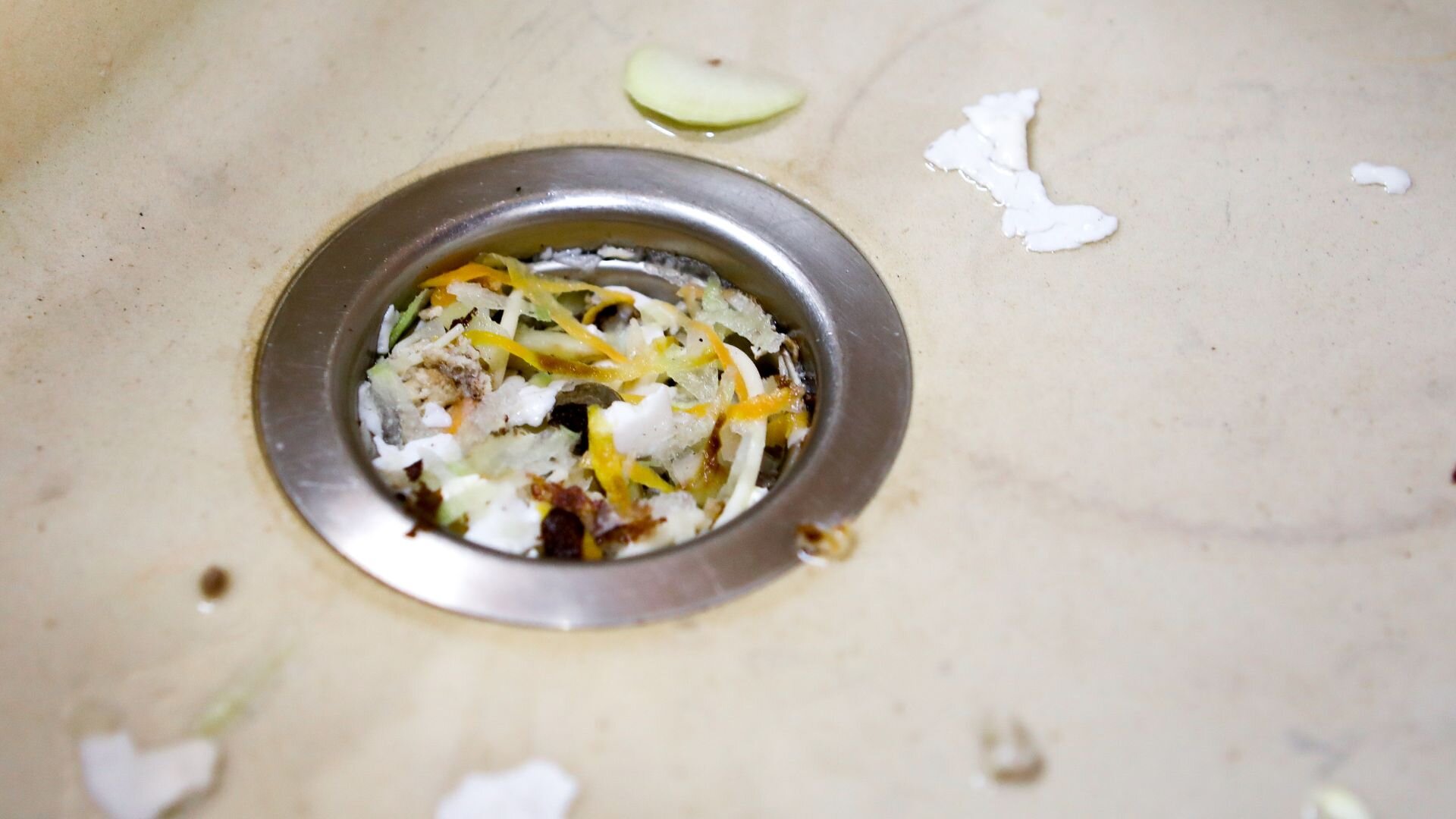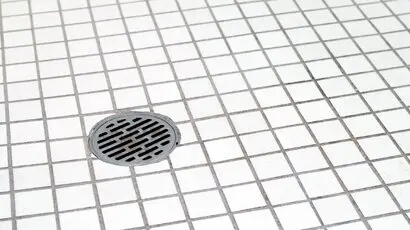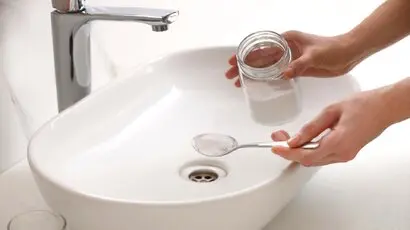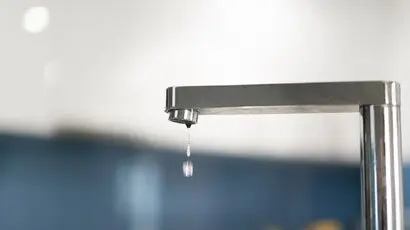A properly functioning plumbing system is essential for any home or building, and a leaking drain can be a significant cause for concern. Not only can a water leak lead to structural damage and mould growth, but it can also result in higher water bills and a range of other issues.
So, what causes a drain to leak? In this article, we’ll explore the most common causes of drain leaks and guide in identifying and addressing the underlying problem. By the end of this, you should be equipped with the knowledge to identify and determine the root cause of your drain leak.
Common Causes of Leaking Drains
Damaged or Corroded Pipes
One of the most common causes of a leaking drain is damaged or corroded pipes. Over time, pipes can deteriorate due to age, exposure to harsh chemicals, or the water’s mineral content. When this happens, cracks, holes, or weak spots can develop, allowing water to escape and cause a leak.
Common signs of damaged or corroded pipes include:
- Visible cracks or holes in the pipe
- Discoloration or staining on the pipe’s surface
- Frequent leaks or drips
- Low water pressure
Regular inspections can help identify potential problems early on, allowing you to take action before a small leak becomes a major plumbing emergency.
Loose or Damaged Connections
Drain leaks often stem from connections that are either loose or damaged. This can happen because of poor installation, accidental knocks, or simply the ravages of time.
If you find a loose or damaged connection causing your leak, don’t wait to sort it out. You might fix it yourself with a few tools. But if it’s stubborn or you’re uncertain how to proceed, calling a licensed plumber is the smart move to ensure it’s properly repaired.
Blocked Drains
Clogged drains might seem minor, but they can really mess with your plumbing. When a pipe’s blocked, it builds up pressure on nearby parts, potentially causing cracks, loose connections, or even bursting pipes.
To prevent clogged drains from leaking into your plumbing, it’s essential to maintain a regular drain cleaning routine. This can involve using a plunger or drain snake to remove minor blockages and being mindful of what you allow to go down your drains.
Avoid flushing items like hair, food scraps, and grease, and consider using a strainer or catch to prevent foreign objects from entering the pipe.
![]()
Improper Installation or Modifications
Improper installation or DIY modifications can also significantly contribute to drain leaks. When pipes and connections are not installed correctly, they may be more prone to damage, leaks, or complete failure over time.
Hiring a professional plumber for any significant plumbing work is always best to avoid the risks associated with improper installation.
Foundation Shifts or Settling
Sometimes, a leaking drain may be a symptom of a more significant issue with your building’s foundation. As the soil underneath a structure shifts or settles over time, it can stress the plumbing system, leading to cracks, loose connections, or even complete pipe failure.
If you suspect your leaking drain may be related to foundation issues, promptly addressing the problem is crucial.
Identifying the Location and Cause of the Leak
![]()
When dealing with a leaking drain, one of the first steps is to identify the exact location and cause of the leak. This can help you determine the most appropriate action and avoid unnecessary repairs or expenses.
To locate the source of your drain leak, start by visually inspecting the area around the leak for any apparent signs of damage or wear. Look for cracks, holes, or loose connections in the pipes and any signs of water damage or staining on the surrounding surfaces.
If the source of the leak is not immediately apparent, you may need to use additional tools or techniques to pinpoint the problem. This can include:
- Using a flashlight to inspect hard-to-reach areas
- Placing a bucket or container under the leak to assess the rate of water flow
- Using leak detection equipment or cameras to identify hidden leaks or damage
Once you’ve located the source of the leak, the next step is to assess the underlying cause. This may involve looking for signs of corrosion, clogs, or physical damage and considering factors like the age of your plumbing system and any recent changes or modifications.
DIY vs. Professional Repair
When fixing a leaking drain, homeowners often choose between attempting a DIY repair or hiring a professional plumber. While some minor leaks or clogs may be suitable for a DIY fix, knowing your limits and prioritising safety is essential.
In general, it’s best to hire a professional plumber for any severe, difficult-to-access leaks or leaks related to major components of your plumbing system. A licensed plumber will have the expertise and equipment to identify and repair the issue quickly and effectively, minimising the risk of further damage or complications.
Preventing Future Leaks
![]()
Dealing with a leaking drain is no fun, but you can take steps to keep leaks at bay and your plumbing happy. Here are some tips to help prevent future drain issues:
- Scheduling regular inspections and maintenance with a professional plumber
- Avoiding harsh chemical drain cleaners that can damage your pipes over time
- Being mindful of what you flush down your drains and avoiding items like hair, food scraps, and grease
- Addressing minor leaks or clogs promptly to prevent them from turning into larger issues
- Maintaining a consistent water pressure and temperature to avoid putting excess strain on your pipes
Stop Your Drain From Leaking
A leaking drain can be frustrating and potentially costly for any homeowner. By understanding the most common causes of drain leaks and knowing how to identify and address the problem, you can protect your home and plumbing system from further damage.
Whether you’re dealing with a clogged sink drain, damaged pipes, or a more complex issue like foundation settling, it’s essential to address the problem promptly and seek professional help when necessary.
If you live in Melbourne and need help with your drainage systems, contact our Melbourne plumbers at WP Plumbing. We can fix all your drain leaks!
Drain Leak FAQs
What are some common signs of a leaking drain pipe?
Common signs of a leaking drain pipe include water stains, puddles, mould growth, and a sudden increase in your water bill. You may also notice water flowing from the drain opening or standing water around the affected area.
Can loose water connectors cause a leak in my plumbing system?
Yes, loose water connectors can commonly cause leaks in your plumbing system. If connections between pipes are not adequately tightened or secured, water can escape and lead to a leak. Regularly checking and tightening connections can help prevent this issue.
How can rapid temperature changes affect my drain pipes?
Rapid temperature changes, such as pouring boiling water down a cold drain pipe, can cause the pipes to expand and contract, potentially leading to cracks or leaks over time. To avoid this, allow hot water to flow gradually, giving the pipes time to adjust to the temperature change.
What steps can I take to fix water leaks in my drainage system?
To fix water leaks in your drainage system, start by identifying the exact location and cause of the leak. Tighten loose water connectors and repair or replace damaged pipes or components. If the leak persists or you suspect a more complex issue, contact a professional plumber for assistance.

